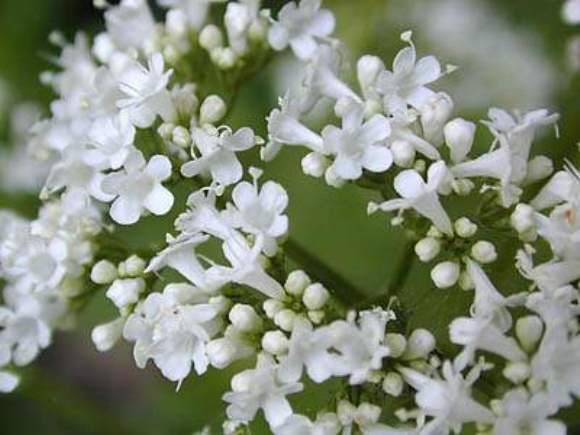Home » natural health »
Mental Relaxants
Kava
A single herb with a single job that it does very well, kava is a model of efficiency. As a natural tranquillizer it lifts anxiety without causing drowsiness. At the same time, remarkably, it enhances your ability to think and elevates mood. The pleasant feeling it induces works on several levels, making the herb an ideal substitute for pharmaceutical ‘nerve pills’, coffee and even alcohol.
Allowing body and mind to relax, I believe, facilitates healing, so I consider kava important to the treatment of cancer AIDS or any other life-threatening condition. Research suggests that it could also be used as a muscle relaxant, an anticonvulsant, a local anesthetic and a painkiller. The current debate over whether to allow the medicinal use of marijuana serves to emphasize how desperately some cancer patients need pain relief that does not wreak havoc on bowel function, as most pain drugs do. Kava’s ability to potentiate pain relief from milder drugs has been the answer for many of my patients.
Teas and tinctures are equally good ways to take kava. So are capsules with a standardized concentration of the active ingredients, called kavalactones. A daily dose of 100-200 kavalactones normally is sufficient, although a larger amount might be necessary to help you fall asleep. Taking it during the day won’t make you drowsy, just calmer and, yes, happier.
VALERIAN
If you feel anxious or have trouble sleeping, valerian may be for you. Swallowing a few capsules of the herb just before going to bed helps many people fall asleep without causing any of the side effects so common to sleep medications. Most forms of the herb, standardized or not, seem to be helpful in this regard. Many of my patients drink 1 cup of valerian tea before bed; others take 150-450 mg of the capsules.
In other treatment possibilities, the officinalis variation of valerian relieved acute viral gastroenteritis infections better than standard antibiotics in one study. German researchers, meanwhile, have been exploring the anticancer properties of certain valerian extracts called ‘valepotriates’. According to this work, these compounds seem to render tumour cells less malignant.






0 Comments
You can be the first one to leave a comment.